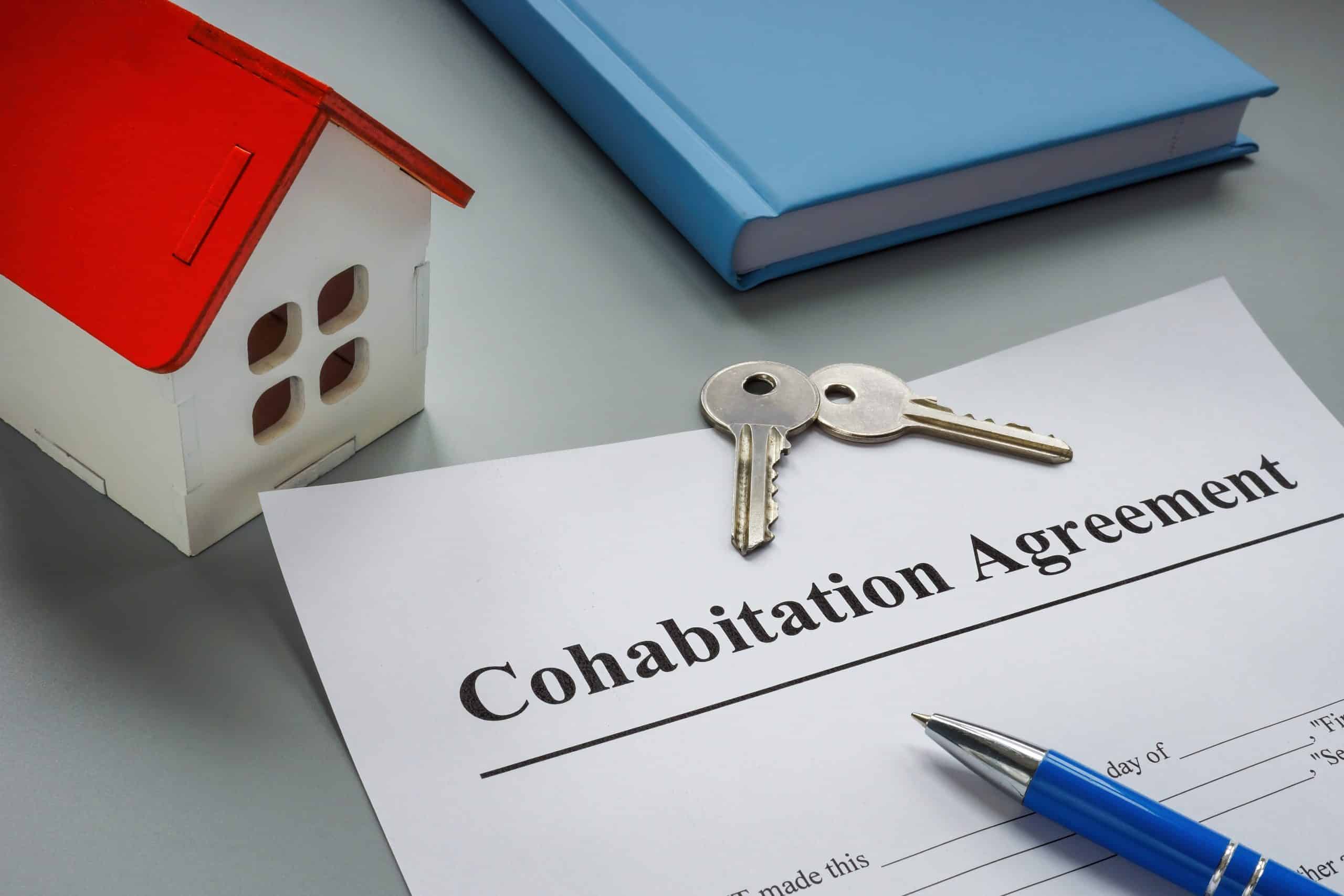Is the law for cohabiting couples fair?
There has been a significant rise in the number of people cohabiting as opposed to choosing to get married. This may be due to the high cost of weddings, modern views, or a decline in religious beliefs. However, there is a distinct a lack of rights for unmarried couples and the law has not caught up with the change in trends. Therefore, many people find themselves unprotected by the law. A recent case shines a light on the uncertainty for cohabiting couples: Hudson -v- Hathway [2022] EWCA Civ 164.
What happened in this case?
The parties formed a relationship in 1990 and purchased a property in 2007 in joint names. There was no Declaration of Trust recording that their interest should be anything other than held in equal shares. In 2009, Ms Hathway and Mr Hudson separated. Ms Hathway continued living in the family home with the two sons. After their separation Mr Hudson paid the mortgage down significantly.
In 2013, without the benefit of legal advice, the parties negotiated their own financial settlement. This provided for Ms Hathway to retain the equity in the house along with its contents, savings and income from endowments. Mr Hudson was to keep his shares and pension.
However, over 6 years passed after the agreement was reached and the family home having never been sold remained in joint names. Mr Hudson issued a claim to take back possession of the property and to sell it. Ms Hathway argued that she had the entirety of the beneficial interest in the property due to their agreement. She had relied on that agreement to her detriment. This case was heavily litigated. It was heard in the first instance and then there were two subsequent appeals. The Court of Appeal found that the email agreeing to Ms Hathway having the equity in the property was effectively Mr Hudson transferring his interest and disposing of the same. Mr Hudson applied for permission to appeal to the Supreme Court, but this was rejected.
No doubt, the parties would have spent significant sums of money on their legal fees, with both parties being represented by Kings Counsel.
Conclusion
When parties decide to live together, it is important that they understand their legal rights in relation to their home. There are only limited circumstances when it is possible to make a claim on someone else’s property OR to claim a greater share in a jointly owned property, in the absence of a marriage/civil partnership or declaration of trust. The process is challenging and costly. It is best for couples to have those difficult conversations at the outset to ensure there is an agreement over what would happen to the family home, if a separation were to arise. We often find ourselves advising couples who are separating, having lived together for many years. If the property is in the sole name of one party, it is often the case that the other party has absolutely no rights in respect of the property. This can leave people in very difficult circumstances.
It may not even be a separation that causes financial hardship; if one party passes away without protecting the rights of the other party to live in their property within their will, the other party could be left homeless.
It is essential that legal advice is taken when cohabitation starts. At E J Coombs we are able to advise you on your options and draw up a cohabitation agreement if required.
Please contact us if you wish to discuss this further.




